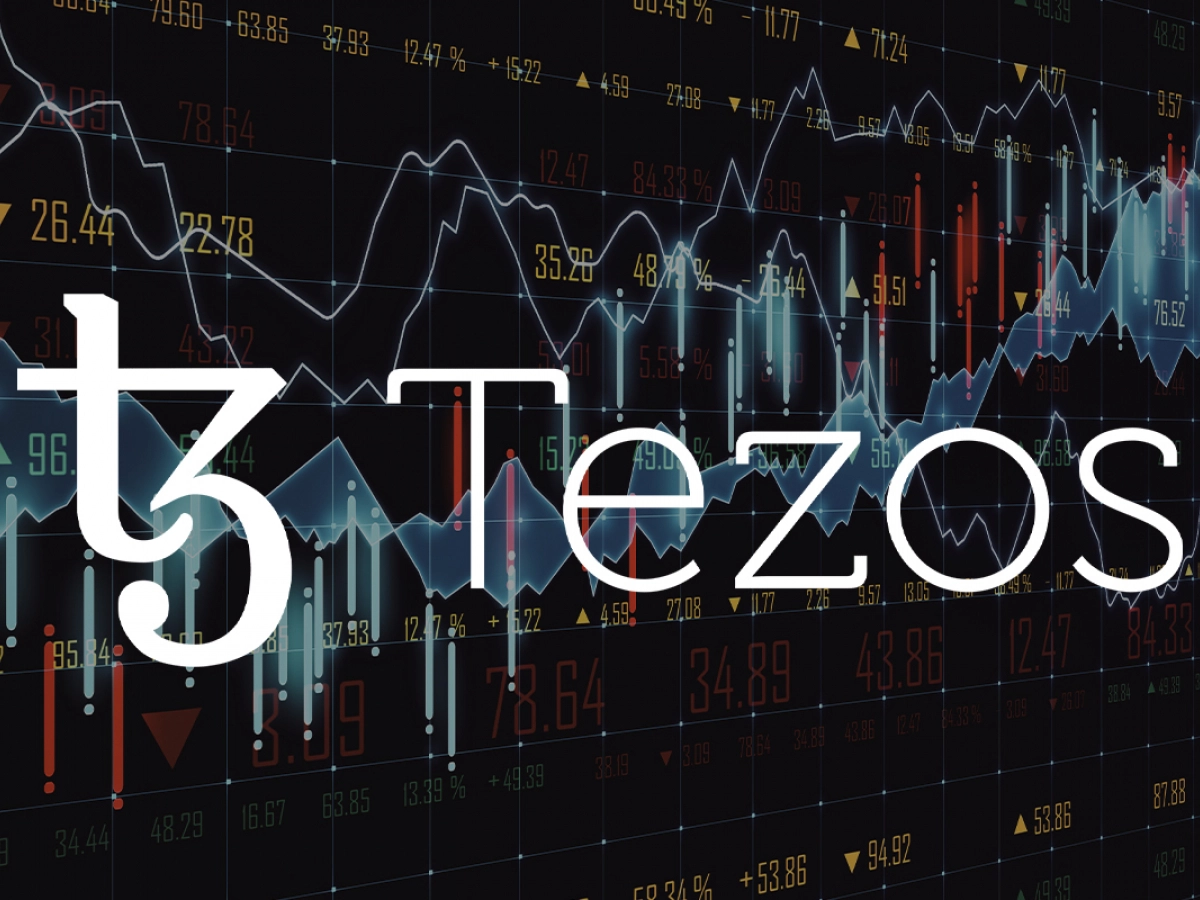
High-performance blockchain platform Tezos (XTZ) can now process over 1,000 transactions per second with Octez v13 activated
The team at blockchain veteran Tezos (XTZ) has shared details of its upcoming update which is expected to push back network performance barriers and advance its developer experience.
Advancing storage performance for 1000+ TPS: Tezos activates Octez v13
According to a detailed blog post shared on Tezos’ (XTZ) main forum Agora, its engineers have started the rollout of a crucial update dubbed Octez v13. In March 2022, siginficant changes were implemented into the network’s memory logistics.
Namely, the Irmin backend that supercharges the storage layer of Tezos (XTZ) has seen two new strategies implemented. First, Tezos (XTZ) engineers have drastically reduced the number of calls required for blockchain operations. Next, the data indexing strategy was also revamped.
These two updates resulted in an impressive performance increase for the entire Tezos (XTZ) ecosystem. Besides a 5x increase in TPS—which allowed Tezos to accomplish a 1,000 transactions per second milestone—engineers registered 12x improvement in the mean latency of operations and an 80% memory usage decrease.
The aforementioned changes are already complete and will be included in the next Octez v13 update. To keep supporters and analysts informed of Tezos’ progress, the team decided to regularly update the performance benchmarks of Irmin and Tezos.
New Merkle proofs, reconsidered space usage and interoperability updates
More updates for Tezos (XTZ) users and validators (“bakers”) have been prepared by engineers in Q2, 2022. For instance, Merkle proofs, a crucial security and scalability mechanism, will be added to Tezos (XTZ) codebase in the coming weeks.
Moreover, to make the use of blockchain more resource-efficient, Tezos (XTZ) engineers will organize its infrastructure into two layers: a read-write layer and a read-only one. This will allow node operators to use less disk space.
Last but not least, besides C bindings, Tezos (XTZ) supporters can start experimenting with Python and Rust bindings. This upgrade will introduce Tezos (XTZ) and its products to a new audience of developers and upgrade its interoperability.


















